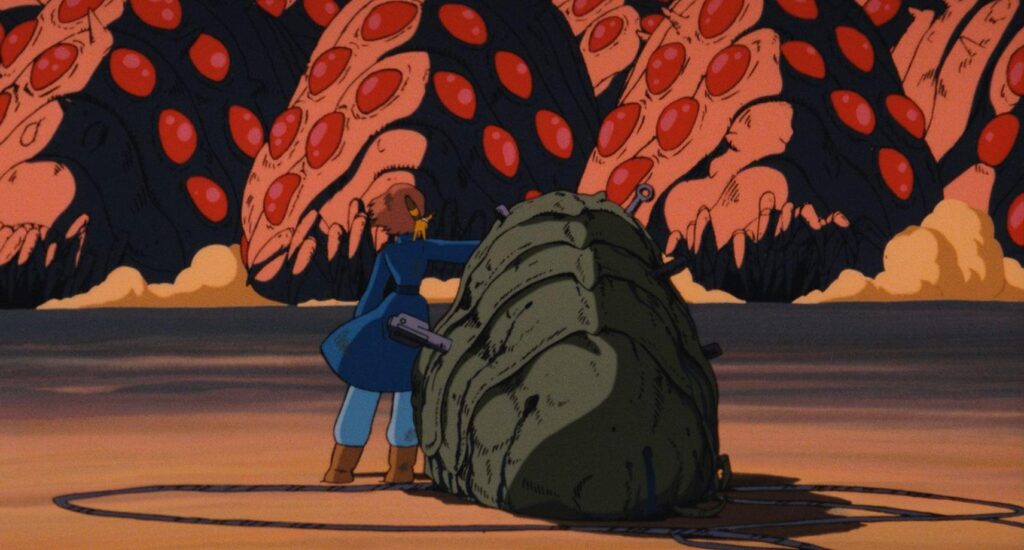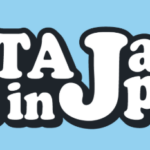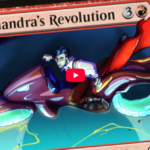
Building while falling
Missing the ground, as Douglas Adams notes, is the difficult part of flying. It’s that much harder when...

Eyes on Minnesota
My heart wants to spin a delicate filigree of dreams for a brighter future, yet the horrors persist....

The AI endgame
Meredith Whittaker, CEO of Signal, describes the marketing game that big tech is playing with “AI” as an...

2025 retrospective: video essayists
I watched a lot of YouTube in 2025, and I figured I’d put together a list of new-to-me...

Review: Disco Elysium
This post contains spoilers for the 2019 video game Disco Elysium. And we drink / ever notice how drinking’s...




